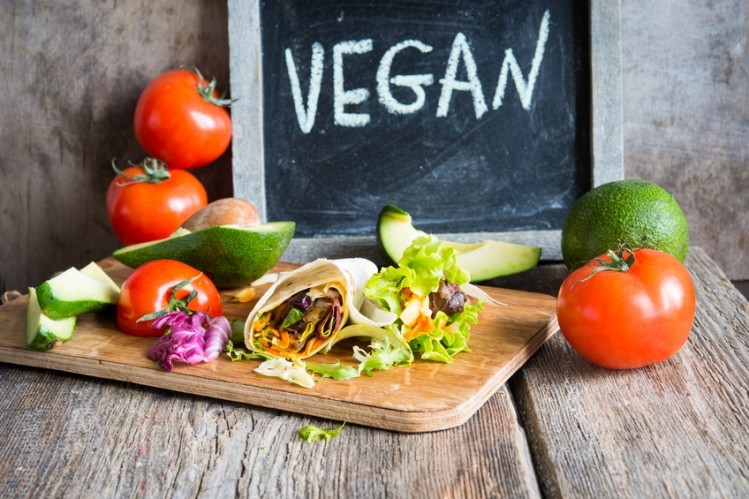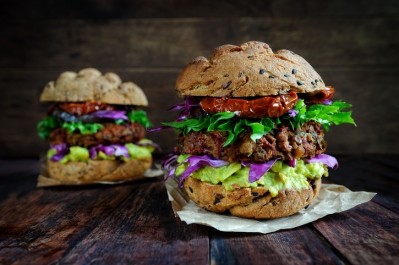Battle lines drawn in German debate on meat substitutes

The German Food Code Commission (DLMBK) has closed feedback on its draft proposals on how “meaty names” such as “schnitzel”, “meatball” or “bratwurst” can be used to describe vegetarian and vegan meat alternatives.
According to the draft proposal, these and other similar names can still be used to describe vegan and vegetarian meat alternatives on sale in the German market, the European Vegetarian Union told FoodNavigator today (18 October).
“The preliminary decision of the German Food Code Commission (DLMBK) is a success for the efforts of the vegetarian movement in the name of the consumers,” Till Strecker, Head of EVU Public Affairs, claimed.
Previously, German Minister of Food and Agriculture, Christian Schmidt, had publicly announced that he wants to legally forbid any "meaty names" being used to describe vegan and vegetarian meat alternatives. The DLMBK, which oversees the labelling of food products, reached a different conclusion, meaning that terms like “vegan Schnitzel” or “vegan Bratwurst” can still currently be used to label vegan and vegetarian products.
The EVU insisted that this is “perfectly reasonable” since these terms are used to inform the consumer about “typical characteristics” of the vegan and vegetarian alternatives.
Some restrictions proposed
While these generic terms have been deemed acceptable, specific terms that name cuts of meat or whole animals cannot be used for the labelling of meat alternatives, according to the DLMBK’s draft document.
This also includes items such as vegetable-based salami – which would need to be re-labelled “vegan tofu-sausage Salami-style”, the EVU noted.
“This is a major intervention and the reasoning behind this decision is not based on any comprehensible logic. The distinction between different product categories concerning sales denominations and the usage of complicated language on the packaging is arbitrary. The Commission was not able to produce any empirical evidence suggesting the need to intervene in such a major way. The proposal is not in the interest of consumers or producers of vegan and vegetarian meat alternatives," said Strecker.
Meat-sector dissatisfied
While some restrictions on vegetable based products have been proposed, organisations representing the meat sector believe that the moves do not go far enough.
Paolo Patruno, deputy secretary general of meat industry body CLITRAVI insisted that the use of “meaty” terms to describe vegetable products is misleading for consumers.
“Meat substitutes is a category which we think is misleading itself. Meat contains proteins and nutrients which are important as a part of a balanced diet and which are not provided by the so-called substitutes. We think that consumers should first of all aware of this,” he told FoodNavigator.
“We think that general labelling regulation is adequate. What is missing is a specific regulation providing marketing standards for meat products.”
Meat sector faces beefier regulations
Patruno also suggested that meat manufacturers are at a disadvantage because they face the burden of additional regulations that do not apply to meat-substitute companies.
“They can [take] advantage of sales denominations of meat products to market products totally different and to present them as 'healthier' alternatives,” he suggested. “Many of those products can contain each kind of ingredients and they are not providing the same nutrients as the meat products they suppose to substitute.”
The conclusion that the meat and meat-free sectors are subject to varying levels of regulation is supported by food safety group TÜV SÜD.
According to the company, while German law clearly defines which ingredients are allowed or not allowed in sausages made from turkey, for example, there are no such regulations when it comes to vegan turkey breast. “The established principles of the German Food Code, including the relevant characteristics for quality and ingredients, have applied to conventional meat and sausage products for years. However, no such principles have been defined so far for meatless substitutes," explained Dr Andreas Daxenberger, food expert at TÜV SÜD.
It is understood that the DLMBK is likely to postpone its final decision on the issue amid widespread criticism. Instead of finalising its plans this year, a final decision from the regulator is now not expected until early 2018.
























